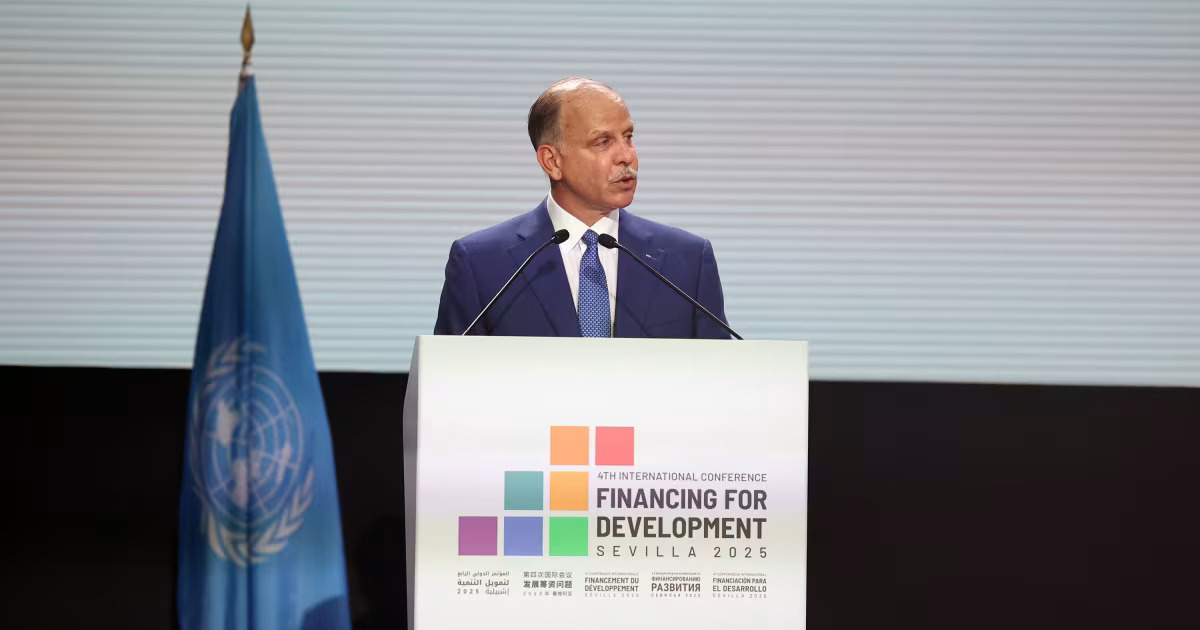[mkdf_dropcaps type=”normal” color=”#f55549″ background_color=””]F[/mkdf_dropcaps]
ormer astrophysicist and Treasury policy advisor, Laurie Shaw, caused quite a stir earlier this year when he announced a move Manchester United, since then, a new trend has emerged with data analysts becoming key recruitments for rights holders.
Already on a 21-match-winning streak, Shaw is leading a team of data analysts and using millions of stats about player’s performances and the upcoming opposition team’s performance to help the club’s chances of winning.
Thanks to more affordable and accessible software, the essential use of data and technical analysis is no longer confined to Premier League teams as smaller clubs are getting in on the action too.
Optical thinking is one of the tools used to pinpoint the position of players on the pitch 25 times per second concerning the ball, teammates and the opposition.
Ball-related data such as passes, shots and turnovers are also used.
More advanced tools can also analyse defence stability, pitch control and off-ball scoring opportunities.
During training, teams use wearable devices to measure the player’s workload and fatigue to manage players fitness.
Pinsent Mason’s global head of sports and AFC Bournemouth former chairman, Trevor Watkins, says: “You can’t underestimate the value of data and analysts.
“For a football club, the most important factor is improving your chances of winning,” Mr Watkins said.
“Nowadays, off the field is just as important as on the field.
“Having access to people who can understand that data is critical.
“Arsene Wenger was a big proponent and the pioneer of using data and analytics.
“It’s the most under-rated feature of football.”
According to SciSports Chief analytics officer, Jan Van Haaren, Arsenal have a team of around 15 people working on performance, analysis and data science, while Liverpool, Barcelona, and Manchester City are more recently seen as the frontrunners in the area of data.
“Many football clubs somehow use data in their decision-making processes, but the way they do so and the extent to which they do so varies a lot from club to club,” Haaren said.
“However, most clubs prefer to remain secretive about what they do in terms of data.”
Metrica Sports analytics firm co-founder, Ruben Saavedra, added: “Data analysis has been concentrated up to this point in the top clubs in Europe,” he said.
“This type of technology is already in use in other sports – chess players use chess engines to simulate different playing styles and outcomes.
“As a tool for football clubs, this could have a huge impact on coaching and the transfer market,” he added.
“Only clubs with big budgets have created data analysis departments that work with the performance analysts and scouting departments.
“However, more and more clubs with smaller budgets are now taking their first steps in that direction.”
Smaller clubs are tending to opt for cheaper options such as off-the-shelf software to mainly analyse video footage.
Elite clubs opt for personalised tools that look at the specifics, such as how they build play from the goalkeeper or areas of the pitch where they want to press the opposition.
Algorithms are also used to detect patterns in games automatically.
Experts say the most challenging thing about data analysis is time, as the data needs to be analysed quickly as matches take place every few days.
NewCity Capital founder and chairman, Chien Lee, a shareholder of EFL Championship side Barnsley, has already invested in five European football clubs.
“Since we bought Barnsley three years ago, we have been heavily using data,” Lee said
“We use it mainly to identify talented young players and coaches as well.
“It is proving very successful.”
“We are looking for players and coaches that play the style we want, and that is very much a passing game.
Mr Lee explains he is meticulous about overspending when it comes to players, data systems and analysts.
“We have to balance the budget,” he said.
“The pandemic has shown how difficult it can be to survive when you don’t do this.”
Mr Lee said we could start seeing clubs using artificial intelligence (AI) to analyse players’ thought processes to help with decision-making skills.
Bournemouth former chairman, Mr Watkins, believes it will involve technology to communicate with players on the pitch in real-time.
Another example of the impact of data is the metric Expected Goals (xG), which measures the quality of the team and player’s shots.
Whatever the outcome, Mr Lee says he is happy to invest in football long term.
“Some of the owners have different purposes when they buy clubs, but for us, we want to invest in the club, grow it and make money.
“Finding the right talent through data helps us do that,” he said.







